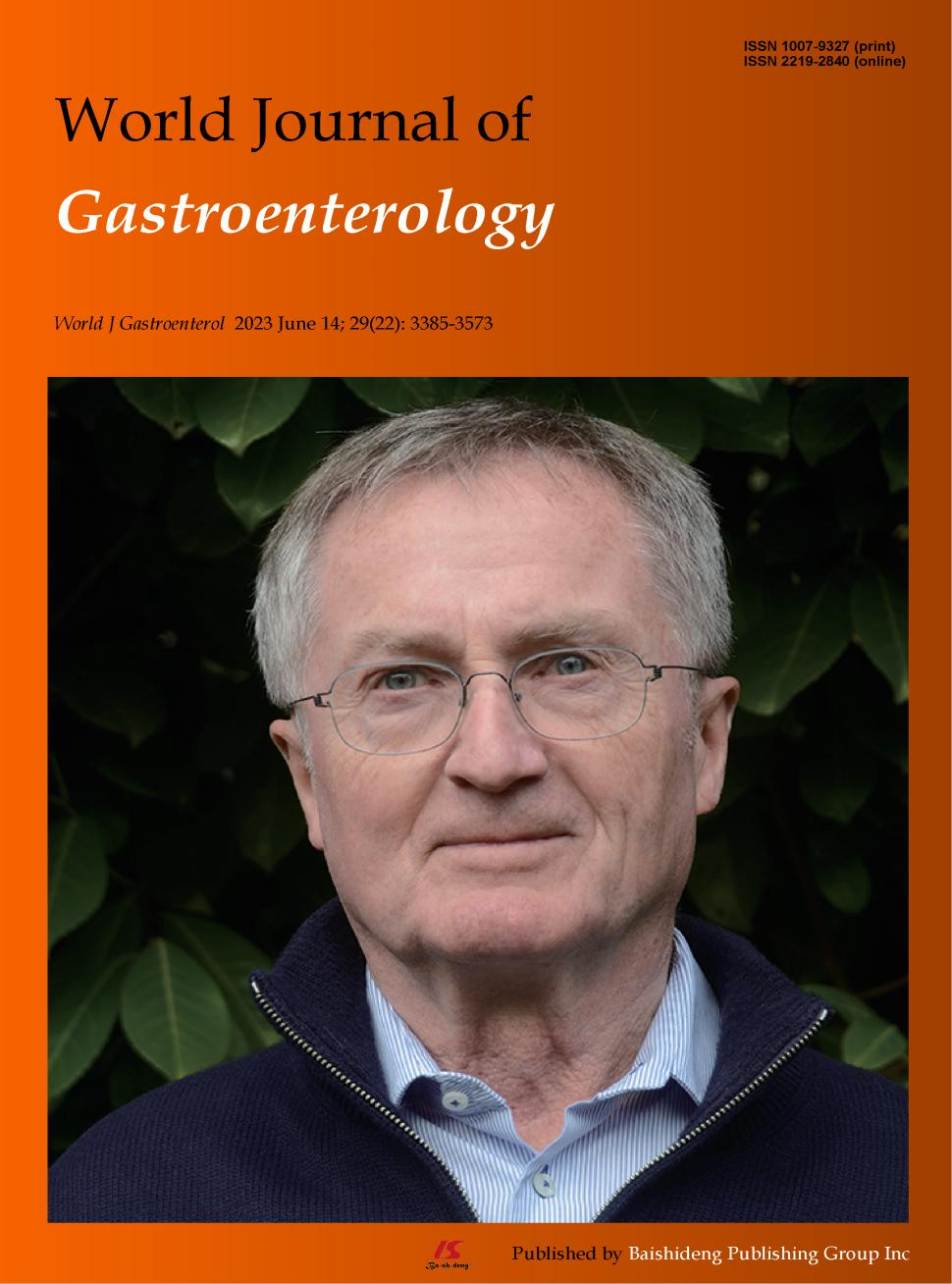Artificial intelligence in liver cancer surgery: Predicting success before the first incision.
IF 4.3
3区 医学
Q1 GASTROENTEROLOGY & HEPATOLOGY
引用次数: 0
Abstract
Advancements in machine learning have revolutionized preoperative risk assessment. In this article, we comment on the article by Huang et al, which presents a recent multicenter cohort study demonstrated that machine learning algorithms effectively stratify recurrence-free survival, providing a robust predictive framework for maximizing surgical outcomes in intrahepatic cholangiocarcinoma. By leveraging interpretable models, the research enhances clinical decision-making, allowing for more precise patient selection and personalized surgical strategies. These findings highlight the growing role of artificial intelligence in optimizing surgical outcomes and improving prognostic accuracy in hepatobiliary oncology.
人工智能在肝癌手术中的应用:在第一次切口前预测手术成功。
机器学习的进步彻底改变了术前风险评估。在这篇文章中,我们对Huang等人的文章进行了评论,该文章介绍了最近的一项多中心队列研究,该研究表明机器学习算法有效地分层了无复发生存率,为最大化肝内胆管癌的手术结果提供了一个强大的预测框架。通过利用可解释的模型,该研究增强了临床决策,允许更精确的患者选择和个性化的手术策略。这些发现强调了人工智能在优化手术结果和提高肝胆肿瘤预后准确性方面日益重要的作用。
本文章由计算机程序翻译,如有差异,请以英文原文为准。
求助全文
约1分钟内获得全文
求助全文
来源期刊

World Journal of Gastroenterology
医学-胃肠肝病学
CiteScore
7.80
自引率
4.70%
发文量
464
审稿时长
2.4 months
期刊介绍:
The primary aims of the WJG are to improve diagnostic, therapeutic and preventive modalities and the skills of clinicians and to guide clinical practice in gastroenterology and hepatology.
 求助内容:
求助内容: 应助结果提醒方式:
应助结果提醒方式:


